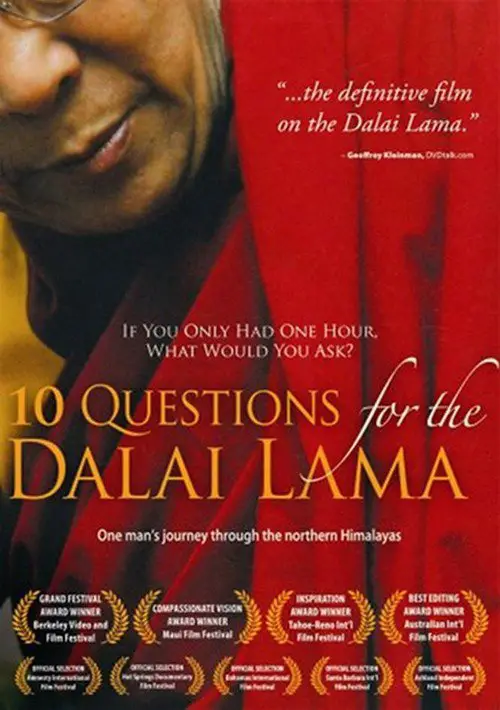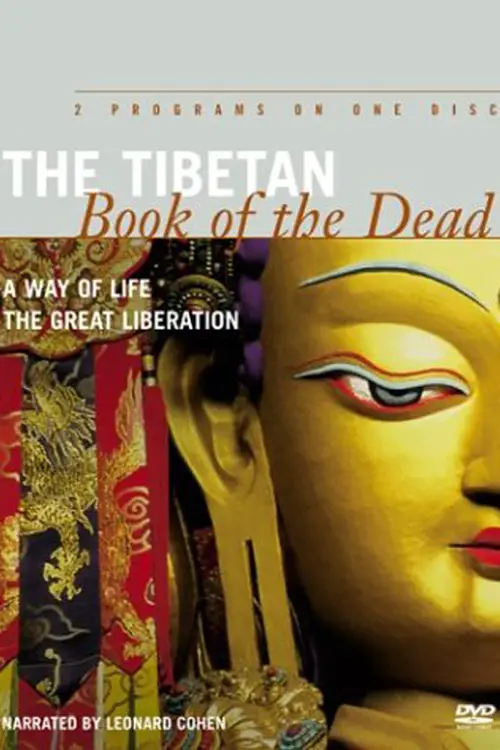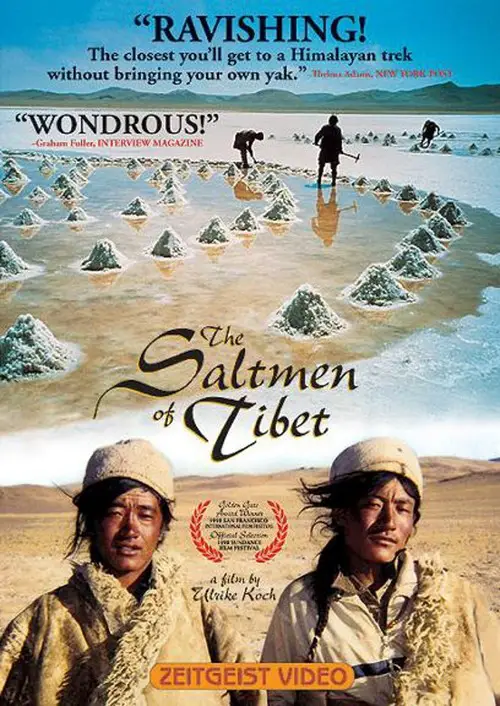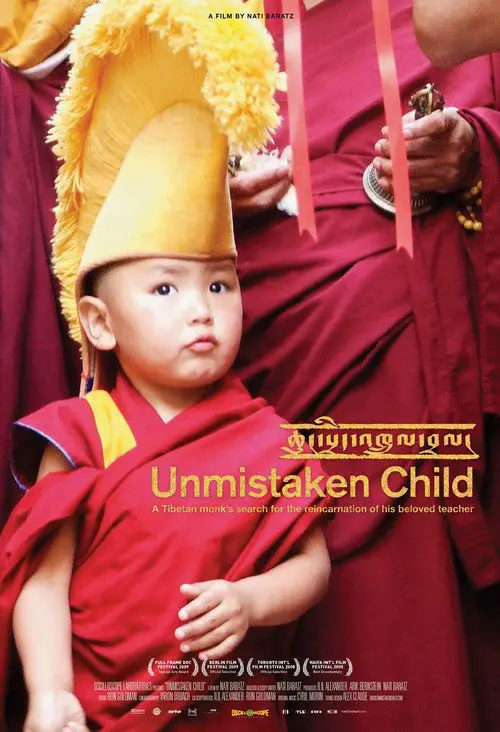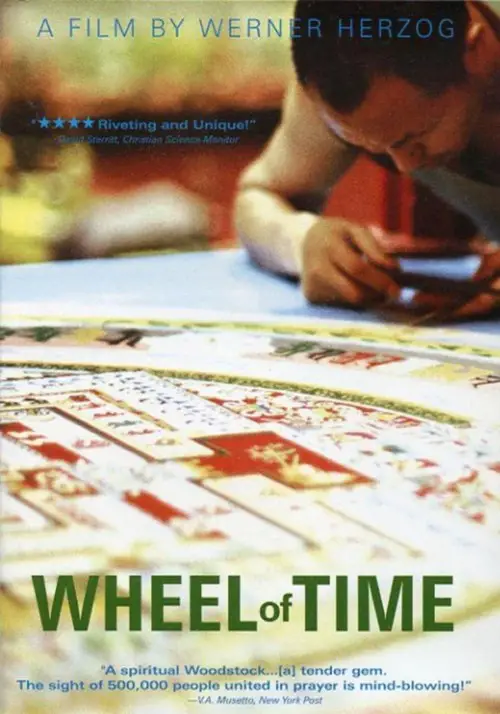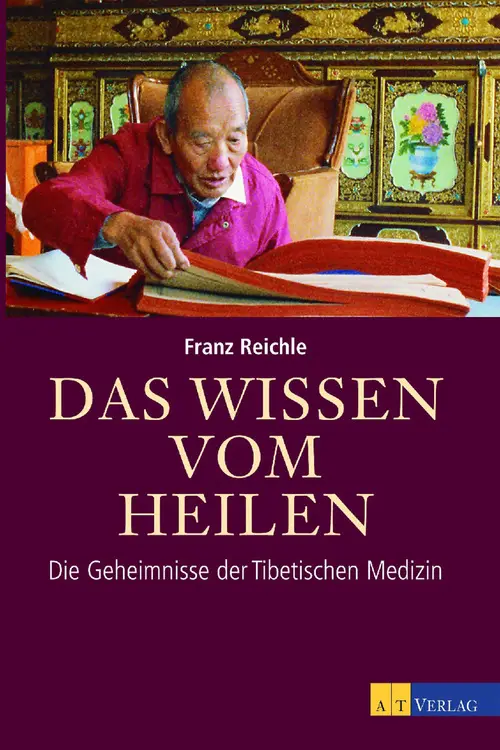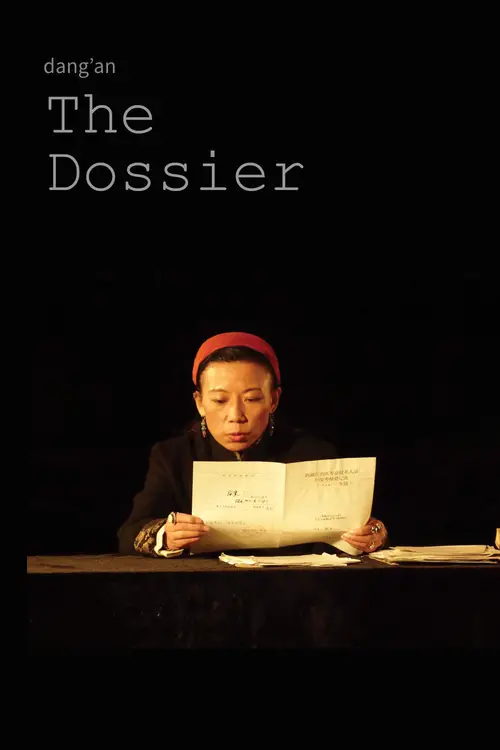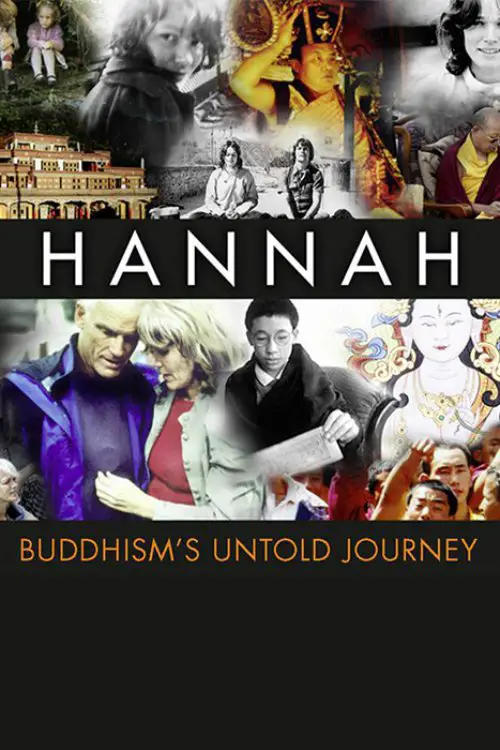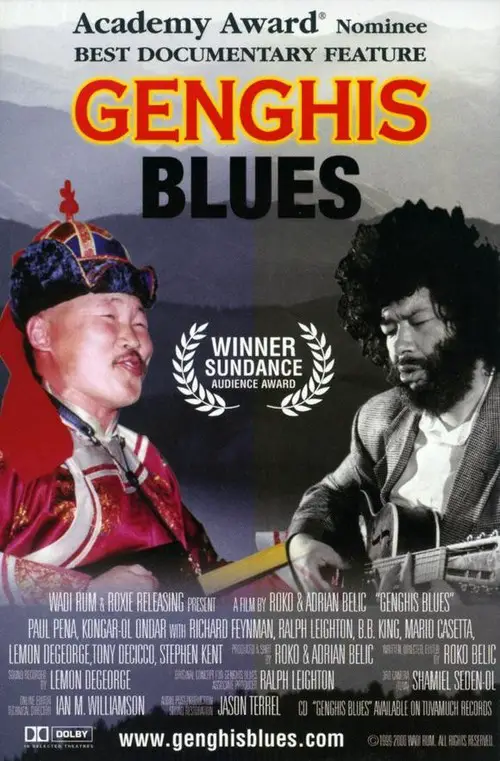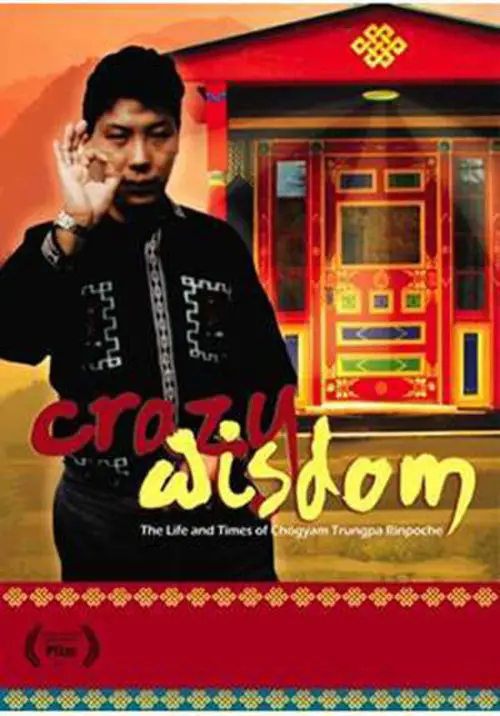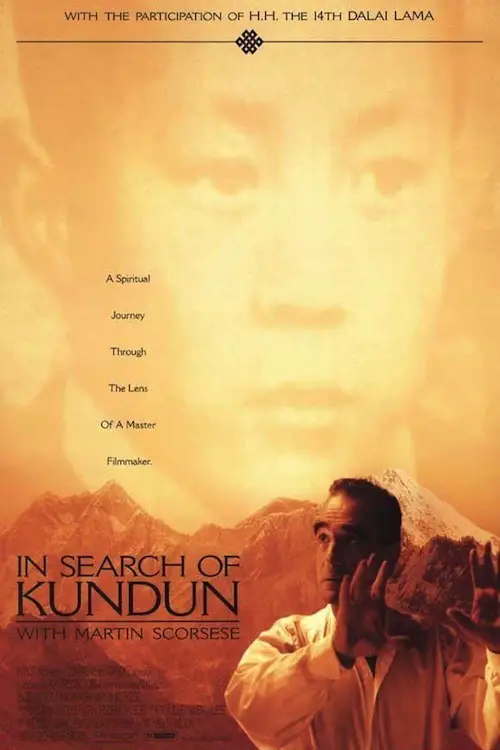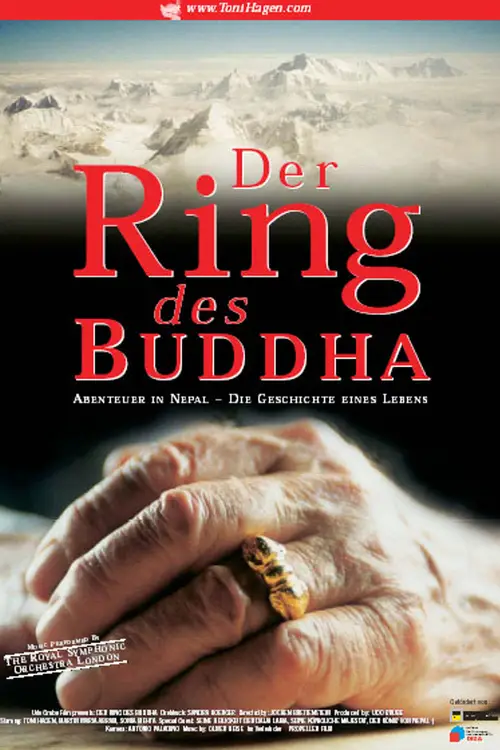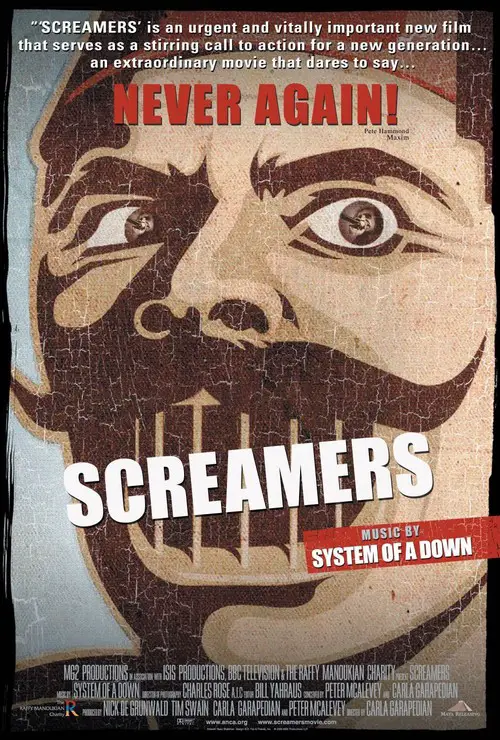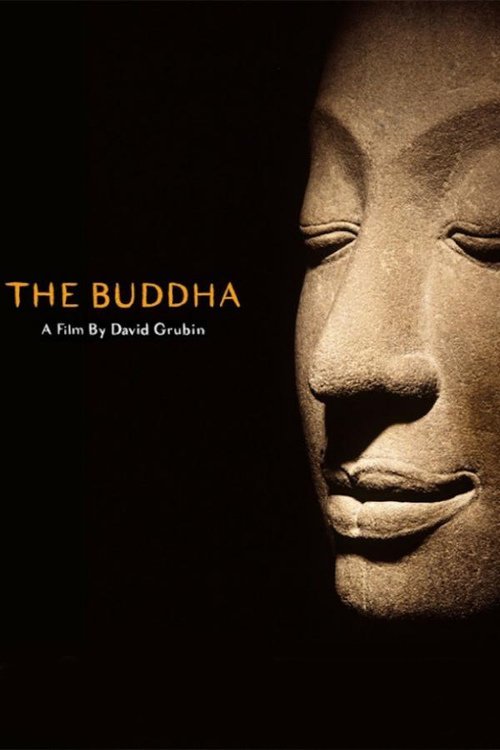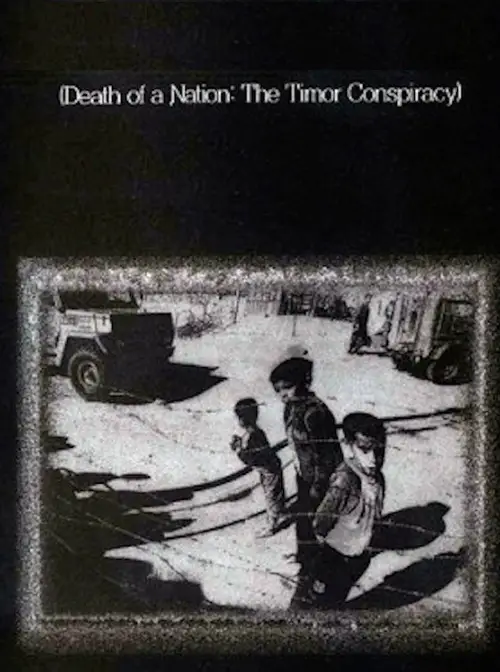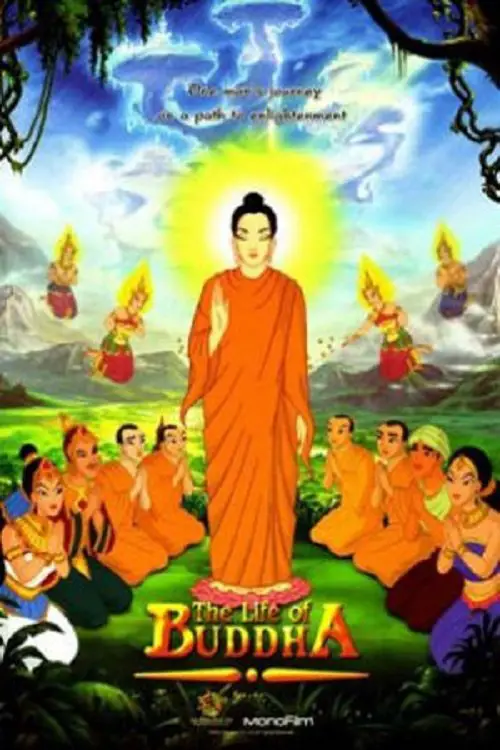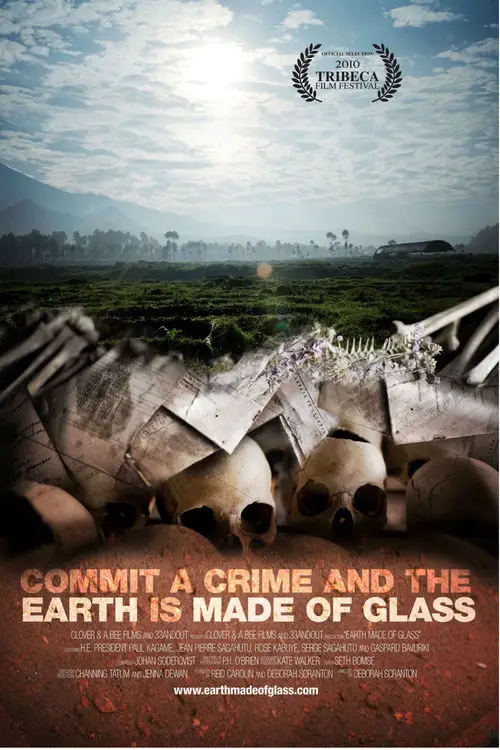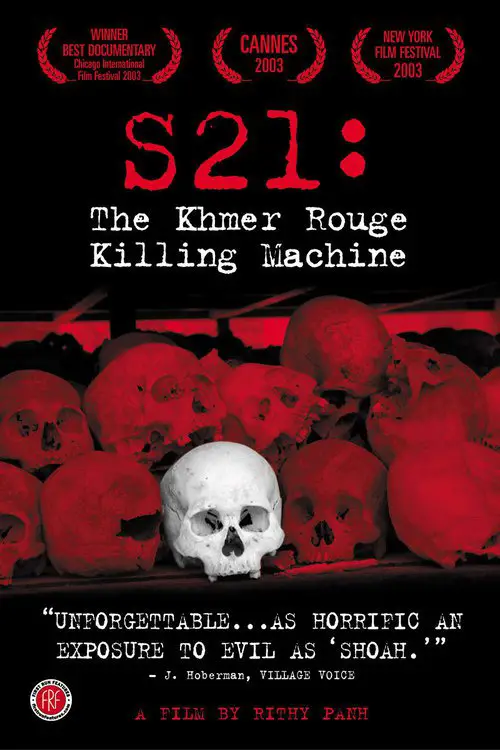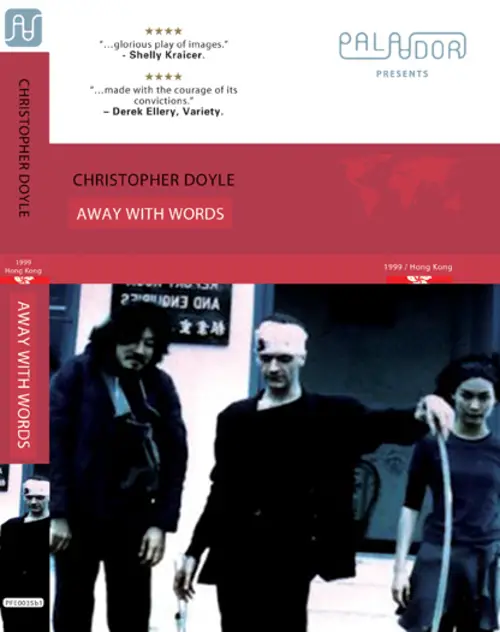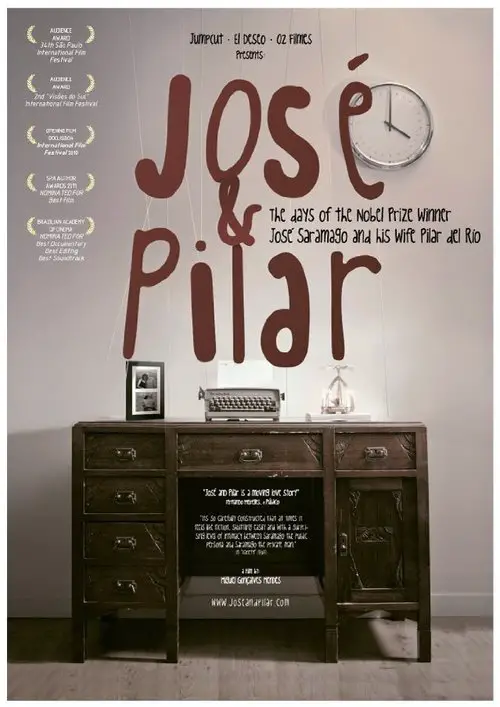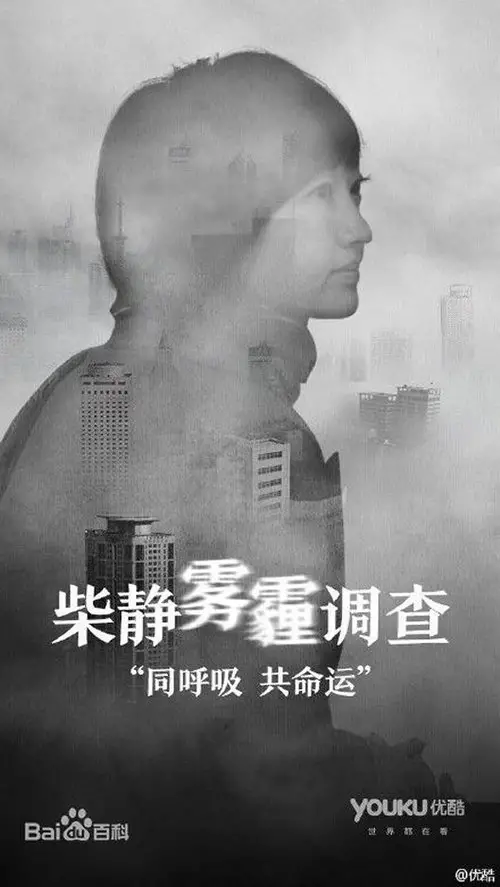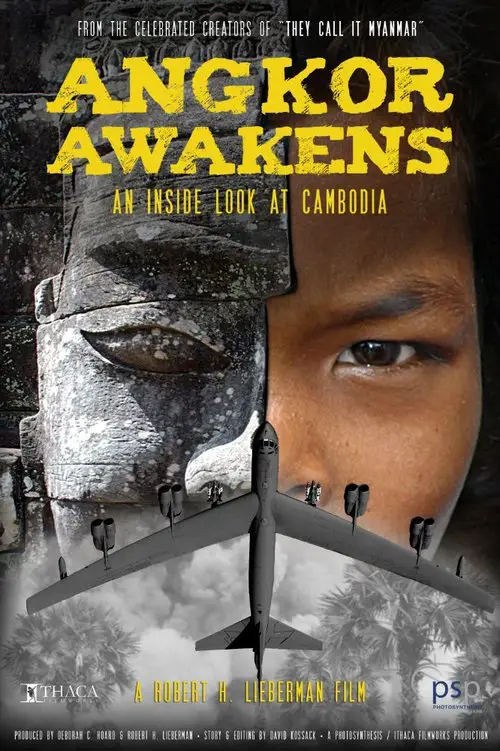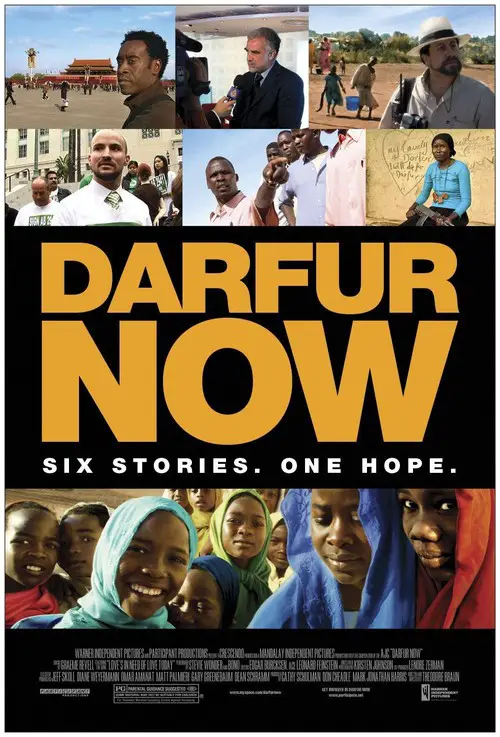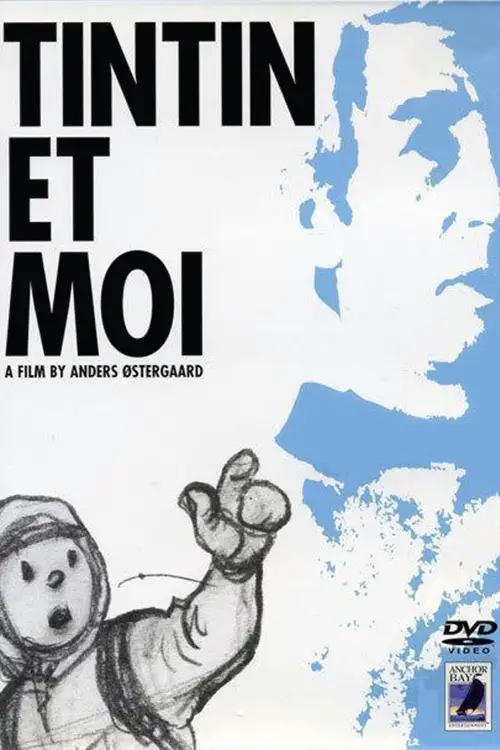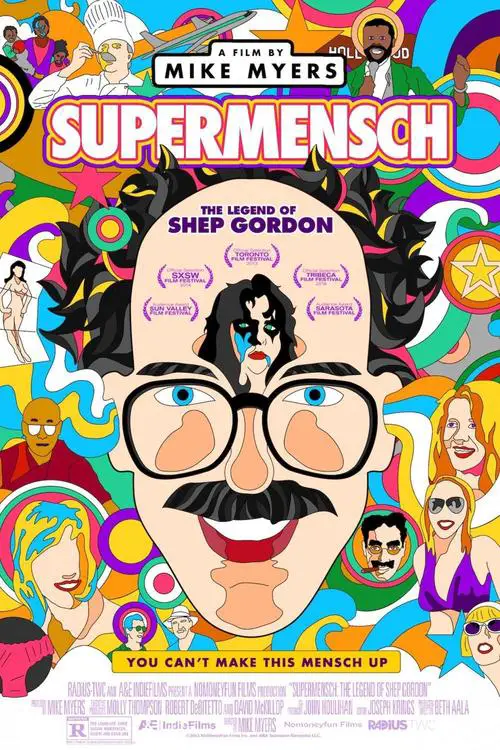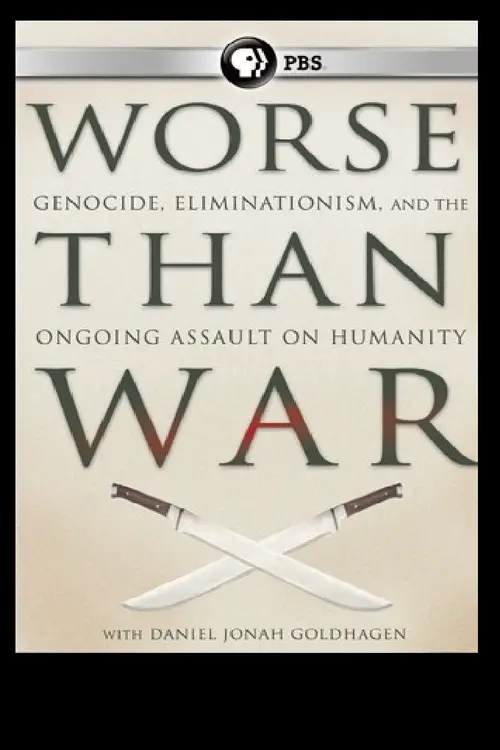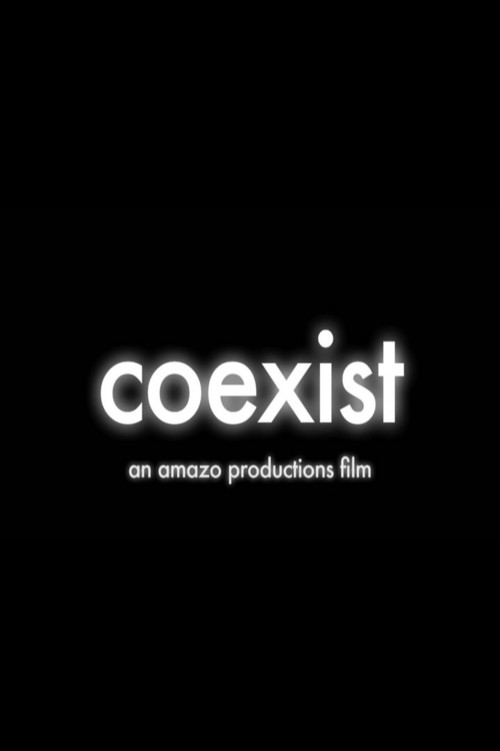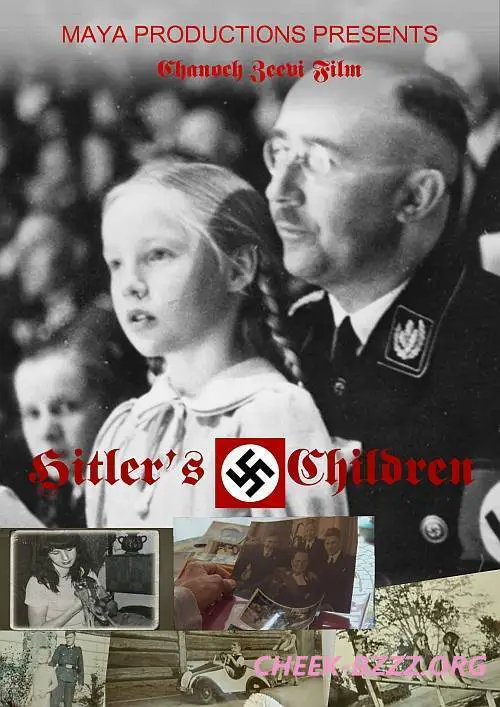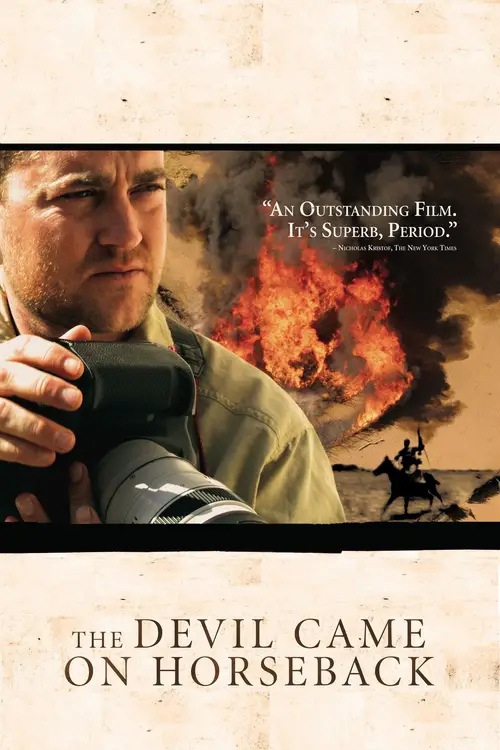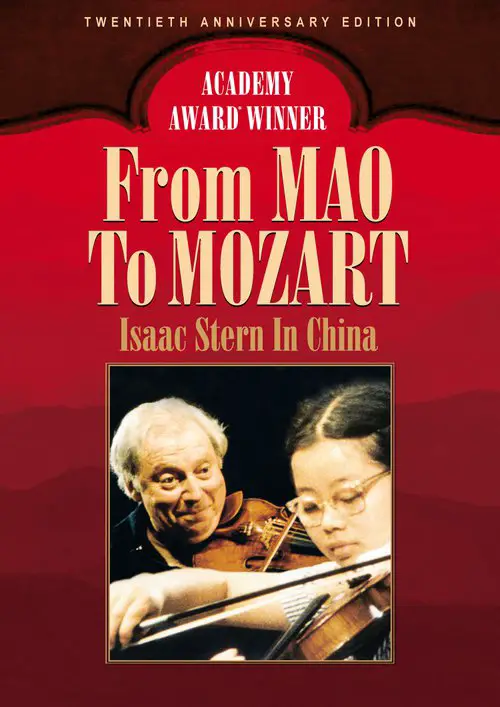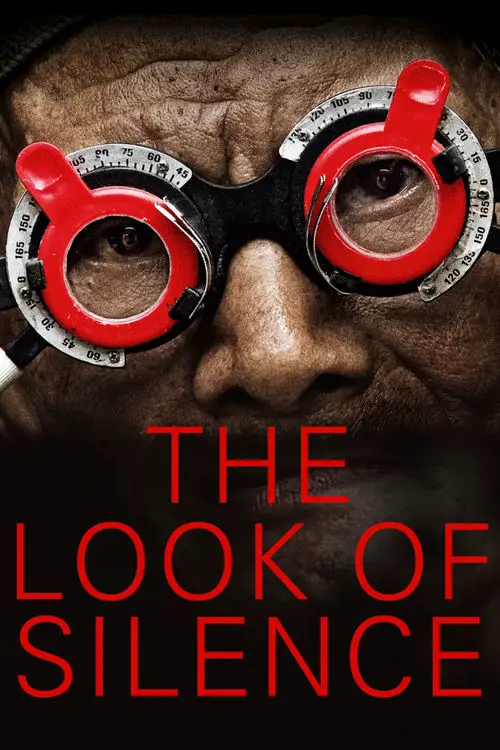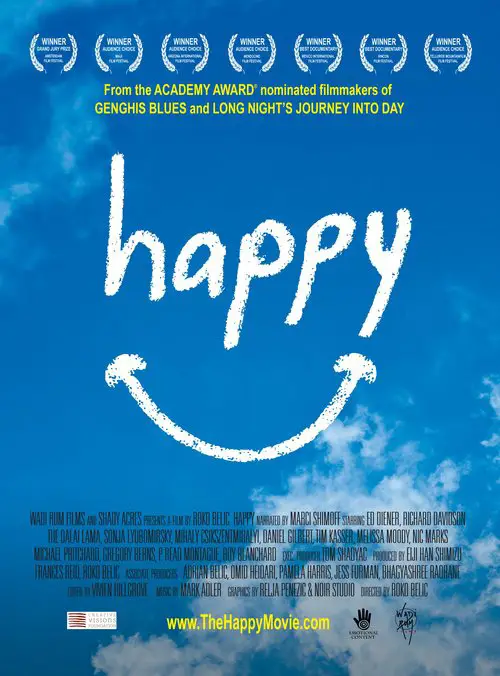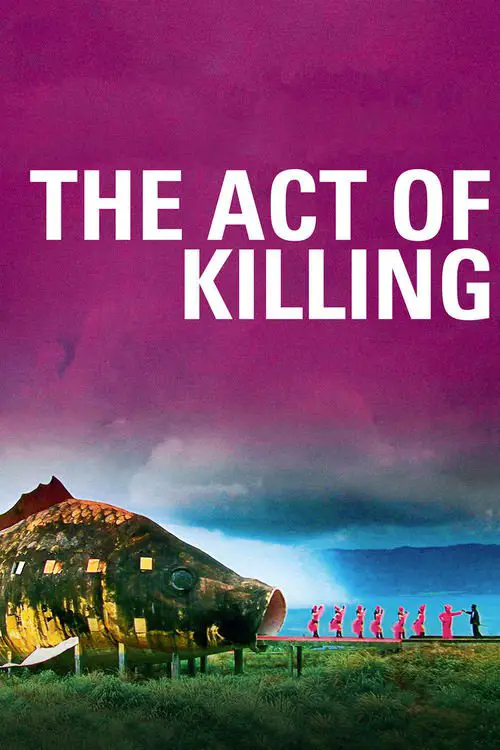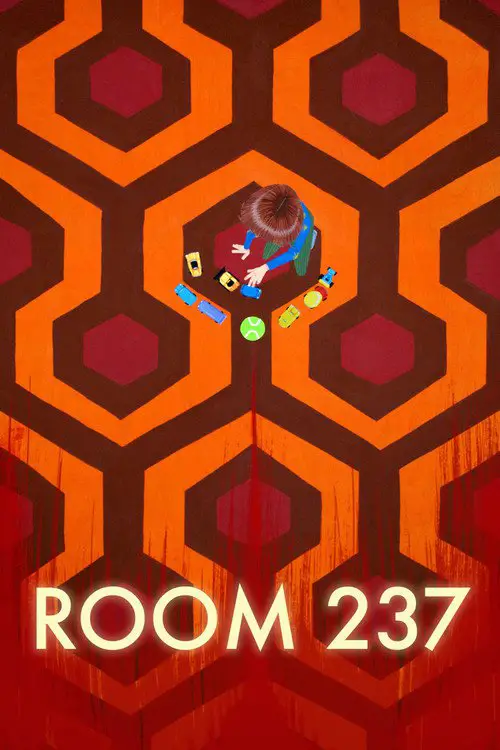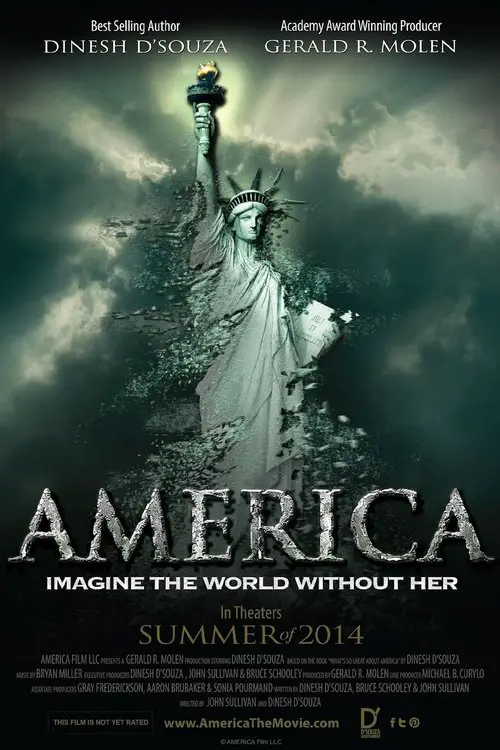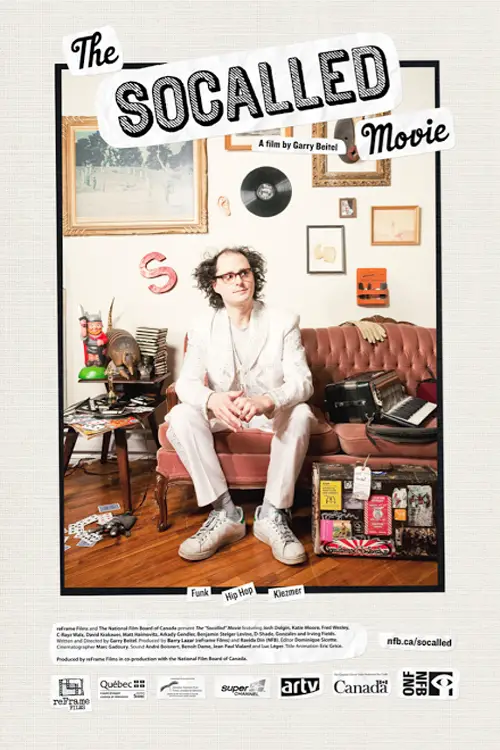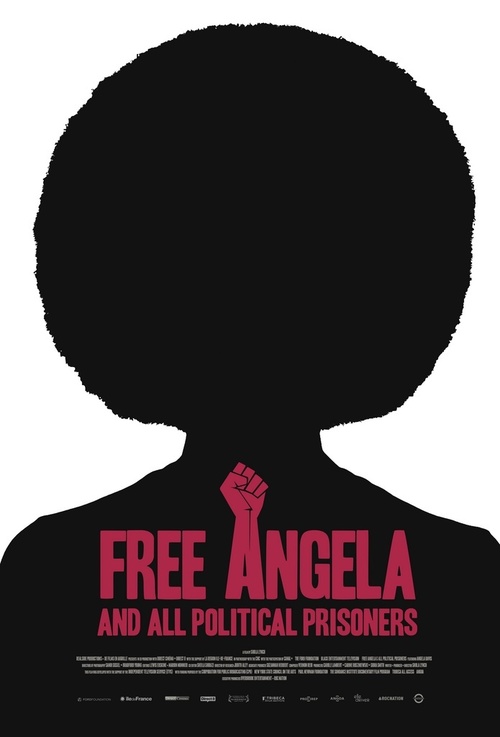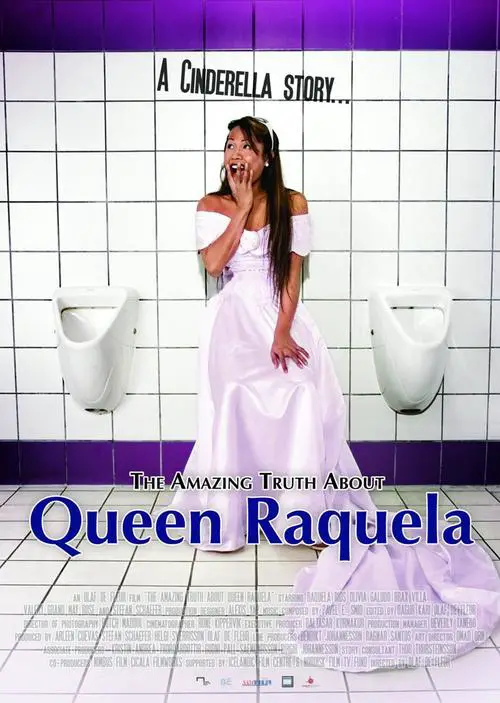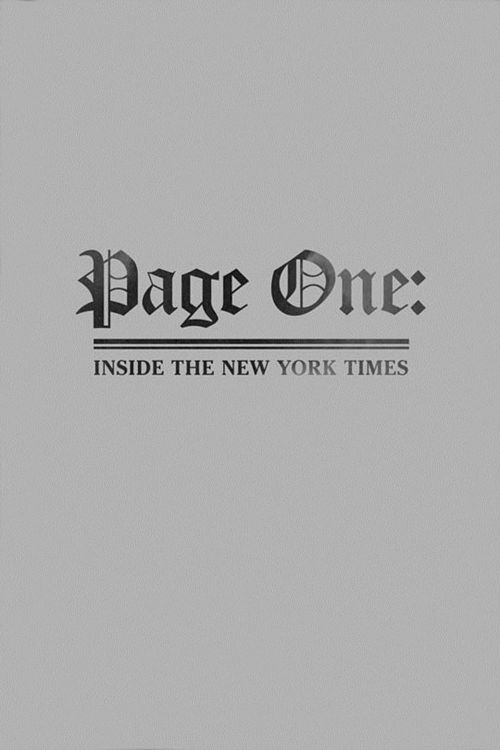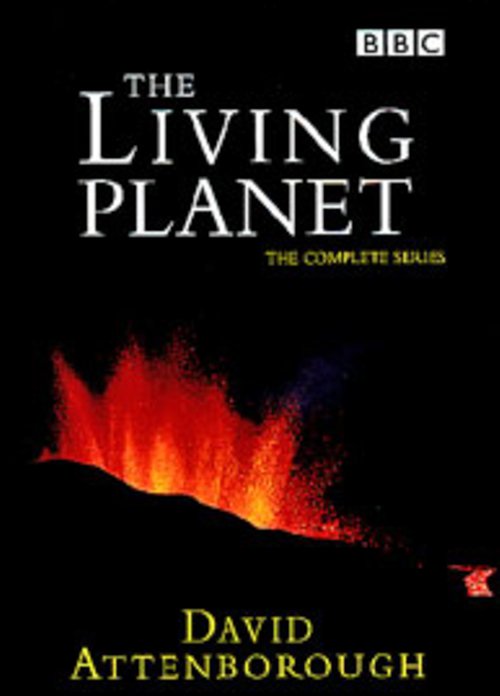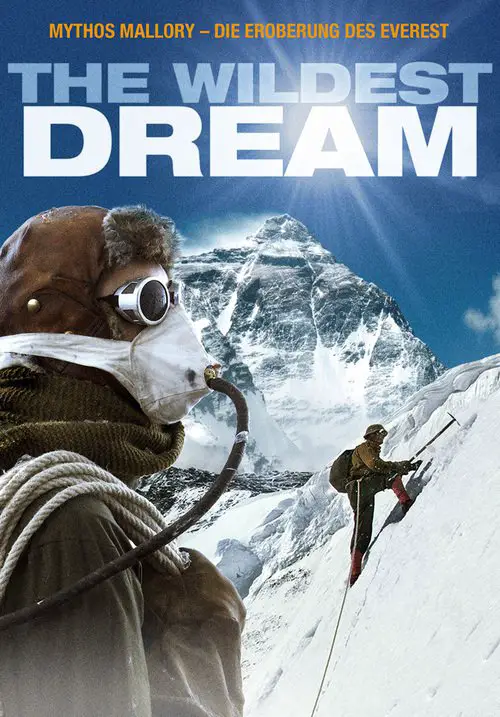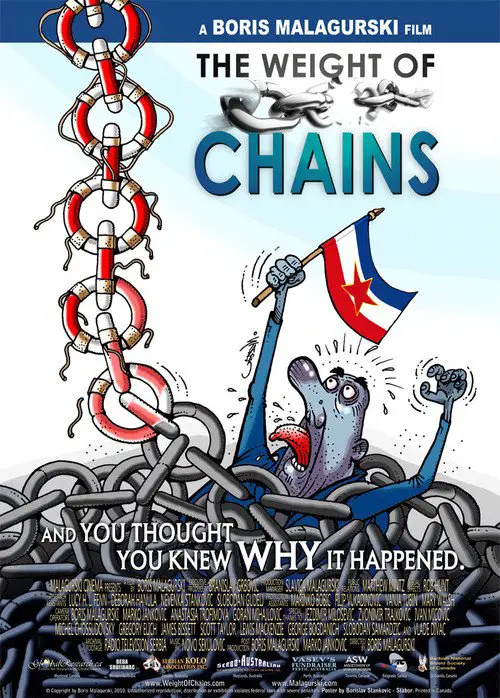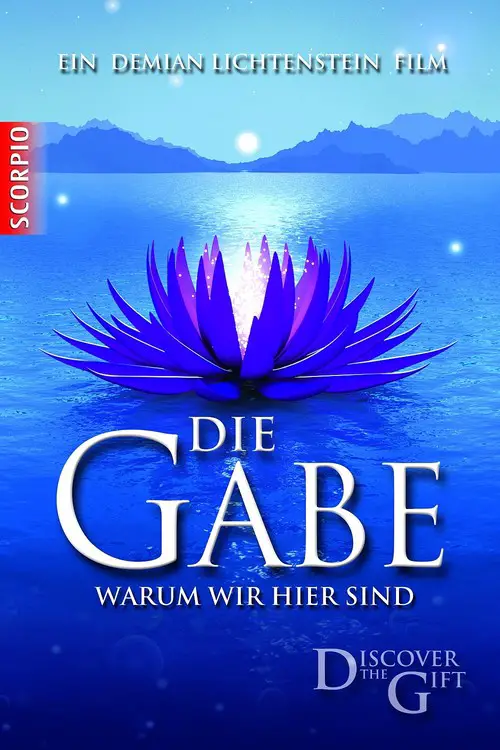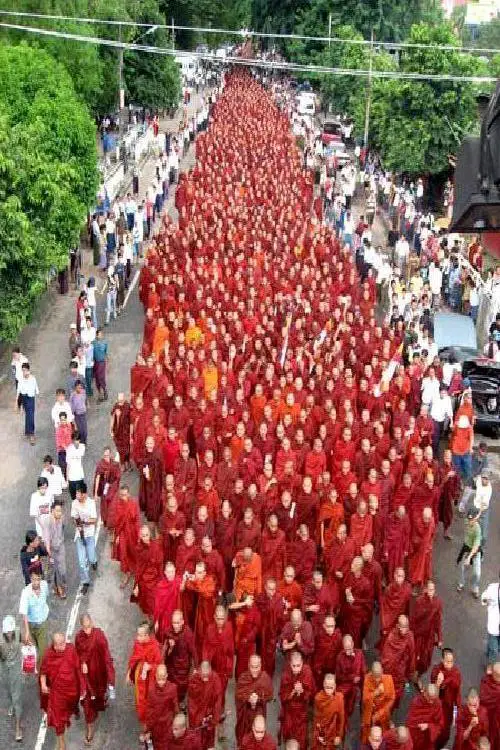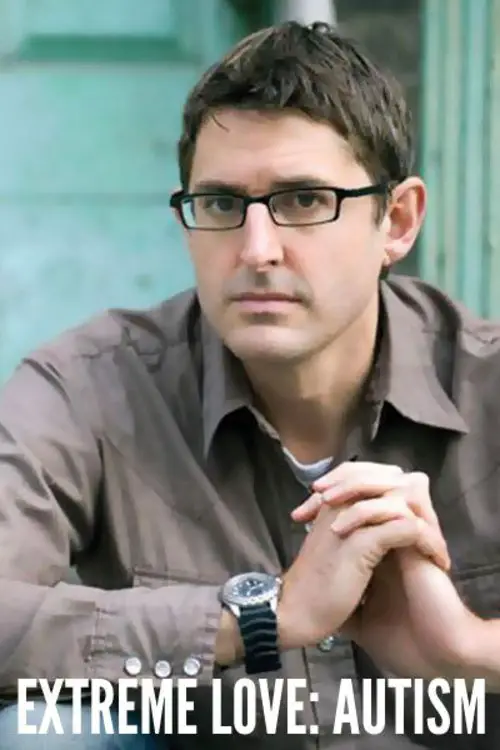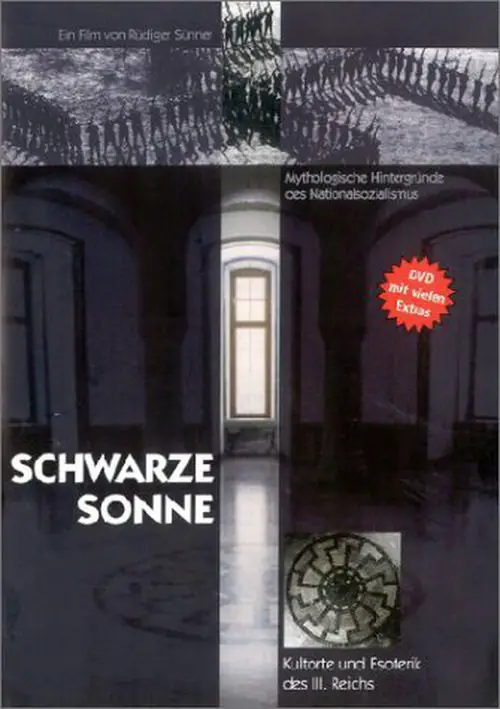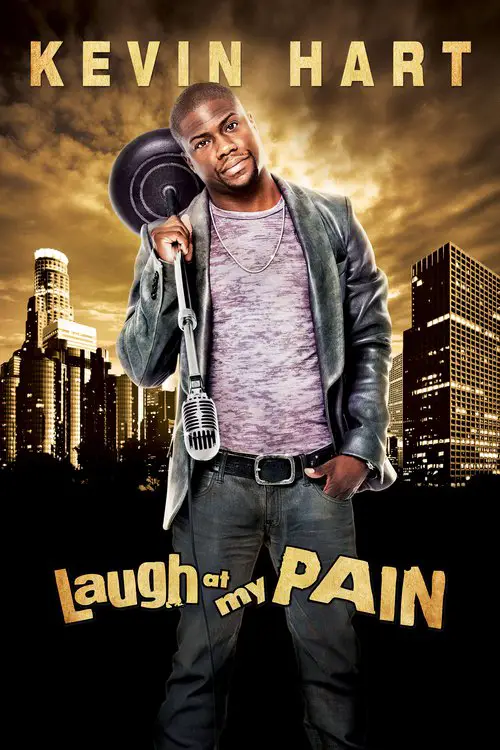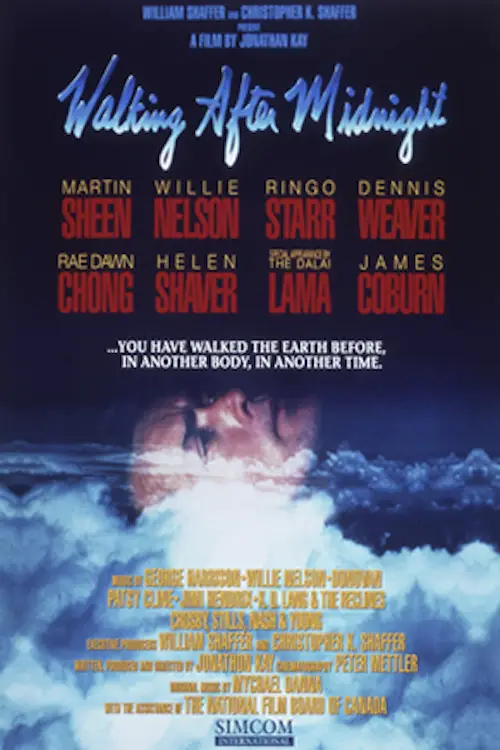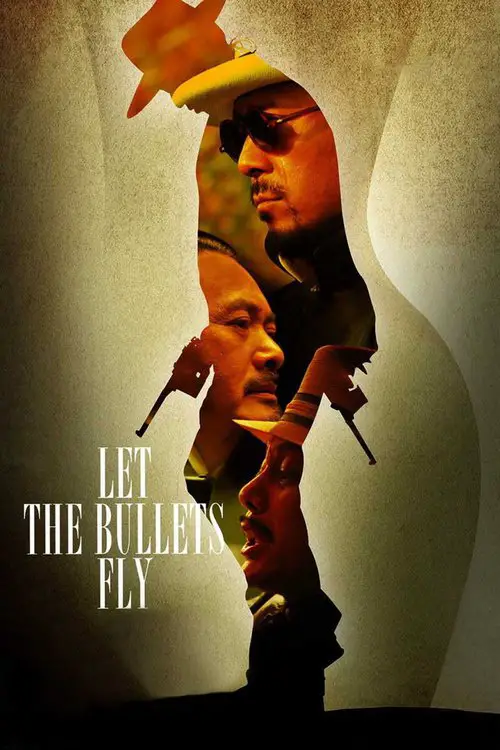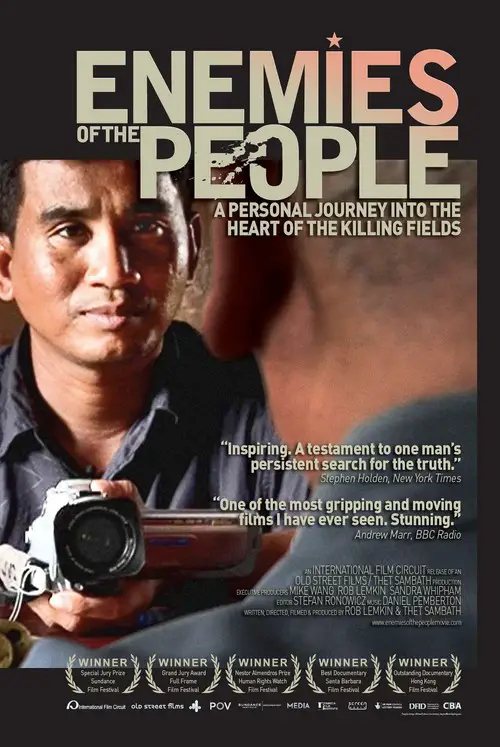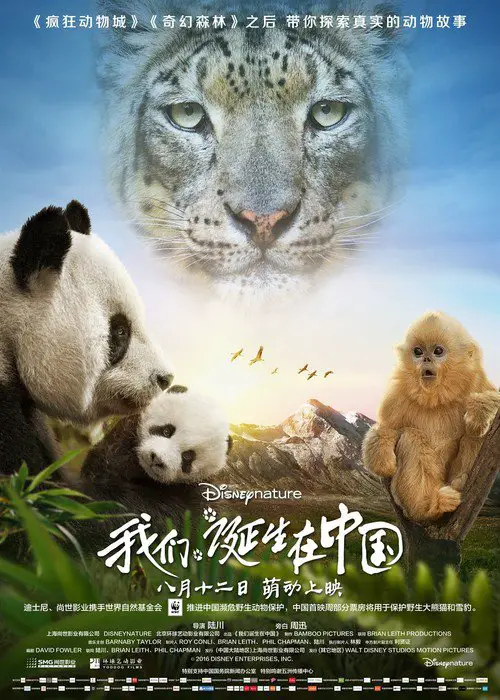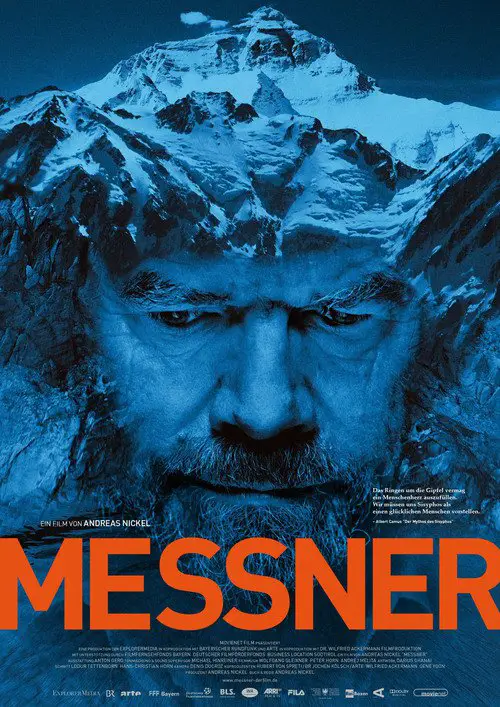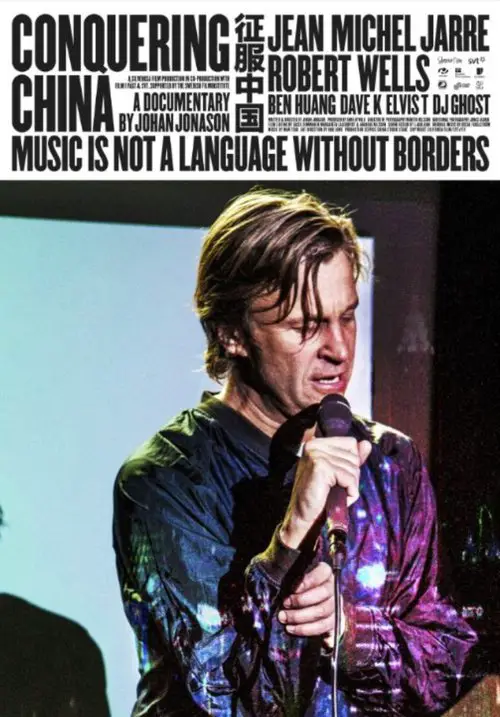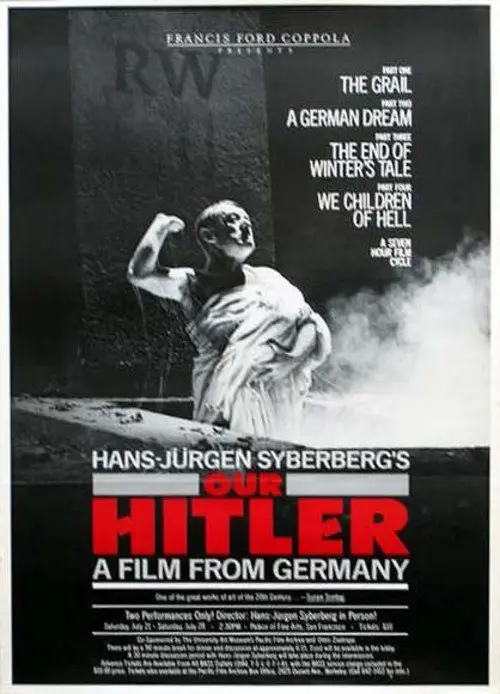What Remains of Us (2004)
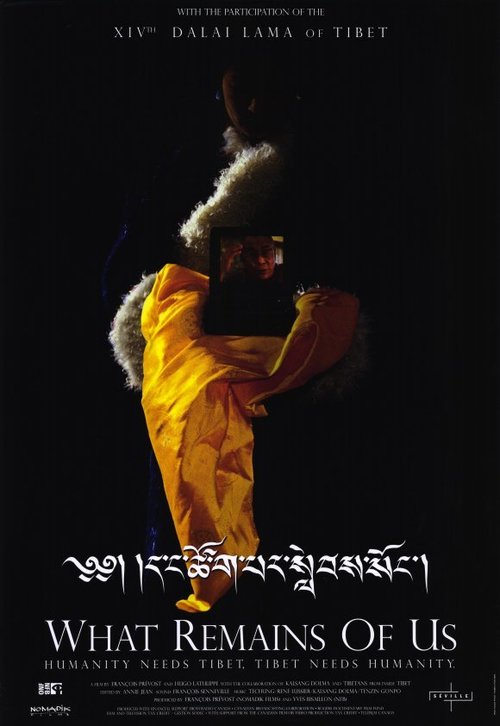
Similar movies
How do you reconcile a commitment to non-violence when faced with violence? Why do the poor often seem happier than the rich? Must a society lose its traditions in order to move into the future? These are some of the questions posed to His Holiness the Dalai Lama by filmmaker and explorer Rick Ray. Ray examines some of the fundamental questions of our time by weaving together observations from his own journeys throughout India and the Middle East, and the wisdom of an extraordinary spiritual leader. This is his story, as told and filmed by Rick Ray during a private visit to his monastery in Dharamsala, India over the course of several months. Also included is rare historical footage as well as footage supplied by individuals who at great personal risk, filmed with hidden cameras within Tibet.
Four men from a nomadic Tibetan tribe undertake their annual, ritualistic pilgrimage to a sacred salt lake. Salt gathered in this traditional fashion will be sold to provide the economic livelihood of the tribe for the coming year. The journey, necessary for the group's survival, also incorporates a number of rituals necessary for their culture to survive in the modern world.
In Nepal, a venerable monk, Geshe Lama Konchog, dies and one of his disciples, a youthful monk named Tenzin Zopa, searches for his master's reincarnation. The film follows his search to the Tsum Valley where he finds a young boy of the right age who uncannily responds to Konchog's possessions. Is this the reincarnation of the master? After the boy passes several tests, Tenzin takes him to meet the Dali Lama. Will the parents agree to let the boy go to the monastery, and, if so, how will the child respond? Central to the film is the relationship the child develops with Tenzin.
Tibetan writer Tsering Woeser's efforts to document and present the reality of Tibet were considered a "political problem" by the Chinese Party-state and she was fired from her job. Since then, she has persevered as an independent writer and has continued to speak out for the sufferings of Tibetan people. Zhu Rikun, the director, came into possession of Tsering's official dossier which then became the main thread of this film. The first half of the movie is centred around her reading of the dossier; be patient as the theme grows and her interviews document the changed direction her career took including footage from Tibet.
'Hannah' tells the story of Buddhist pioneer Hannah Nydahl and her life bringing Tibetan Buddhism to the West. From her idealistic roots in 1960's Copenhagen to the hippie trail in Nepal, Hannah and her husband Ole became two of the first Western students of His Holiness the 16th Karmapa - the first consciously reincarnated lama of Tibet in 1110. Hannah went on to become an assistant and translator for some of the most powerful Tibetan lamas and a bridge between Buddhism in the East and the West.
Blind blues musician Paul Pena is perhaps best known for his song "Jet Airliner". In 1993, Pena heard Tuvan throat singing over his shortwave radio and subsequently taught himself how to reproduce these extraordinary sounds. This documentary follows him to Tuva, where he takes part in a throat singing competition.
Crazy Wisdom is the long-awaited feature documentary to explore the life, teachings, and "crazy wisdom" of Chogyam Trungpa, Rinpoche, a pivotal figure in bringing Tibetan Buddhism to the West. Called a genius, rascal, and social visionary; 'one of the greatest spiritual teachers of the 20th century,' and 'the bad boy of Buddhism,' Trungpa defied categorization.
In Search of Kundun, a âmaking-ofâ documentary that is so much more, follows Scorsese as he plans his epic film and shoots in Morocco, and continues on to an audience with the Dalai Lama himself in the foothills of the Himalayas. Edited from over a hundred hours of footage, the documentary captures Scorseseâs fervor as a filmmaker and a man, the modest yet charismatic Dalai Lama, and the plight of the exiled Tibetans. -Denver Film Society
Nepal 1950. A mysterious, unexplored country. The Swiss geologist Toni Hagen, was the first European to pass through the "forbidden" kingdom. He doesn't discover any mineral resources there. Yet he does uncover the mysteries of life and penetrates towards a more profound truth which lends a new dimension to his life. In the spring of 1999, Hagen returns to Nepal to keep a promise of almost 50 years: At that time a Buddhist monk had presented him with the gift of a valuable and mystical ring.
This documentary for PBS by award-winning filmmaker David Grubin and narrated by Richard Gere, tells the story of the Buddhaâs life, a journey especially relevant to our own bewildering times of violent change and spiritual confusion. It features the work of some of the worldâs greatest artists and sculptors, who across two millennia, have depicted the Buddhaâs life in art rich in beauty and complexity. Hear insights into the ancient narrative by contemporary Buddhists, including Pulitzer Prize winning poet W.S. Merwin and His Holiness the Dalai Lama. Join the conversation and learn more about meditation, the history of Buddhism, and how to incorporate the Buddhaâs teachings on compassion and mindfulness into daily life.
A BBC/Discovery Channel co-production, this docu-narrative film describes the life of Siddharta Gautama, the process by which he arrived at the fundamentals of Buddhism and the archaeological findings confirming the traditional accounts of his life. In addition it also gives a glimpse of Buddhism today and features interviews by the Dalai Lama and other notable Buddhists.
Chronicling the search for truth and peace in post-genocide Rwanda. Director Deborah Scranton explores issues of peace, retribution, accountability and justice, ultimately discovering a blueprint for ending the cycle of violence. Examining the personal and political repercussions of the deadly conflict in this east African country.
"José and Pilar," a documentary by Miguel Gonçalves Mendes, is a deeply moving story about love, loss and literature. It follows the days of José Saramago, the Nobel-laureate Portuguese novelist, and his wife, Pilar del Rio. The film shows their whirlwind life of international travel, his passion for completing his masterpiece, "The Elephant's Journey" and how their love quietly sustains them throughout.
This acclaimed documentary follows the story of six people who are determined to end the sufferings in Sudan's war-ravaged Darfur. The six - an American activist, an international prosecutor, a Sudanese rebel, a sheikh, a leader of the World Food Program and an internationally known actor - demonstrate the power of how one individual can create extraordinary changes.
Tintin and I (French: Tintin et moi) is a 2003 documentary by Anders Høgsbro Ãstergaard, about Belgian writer-artist Georges Remi, better known as Hergé, and his creation Tintin. The film is a co-production of Denmark, Belgium, France, and Switzerland.The film is based around Numa Sadoul's revealing interviews with Hergé from the 1970s, and goes into detail about Hergé's life and how the success of Tintin affected it.The film is based strongly around Hergé's experiences and state of mental health leading up to the writing of Tintin in Tibet, often heralded as Hergé's most personal album. The history of Tintin is examined through Hergé's life and the way that he was affected by the growing popularity of his character.
In 1991, music manager Shep Gordon held Mike Myers over a barrel a few weeks before shooting Wayneâs World regarding an Alice Cooper song Myers wanted to use in the film. They have been close friends ever since. Twenty-two years later, the story of Gordonâs legendary life in the über-fast lane is now told in Myersâ directorial debut. And this time itâs Myers who has Gordon over a barrel. Shep Gordon: capitalist, protector, hedonist, pioneer, showman, shaman⦠Supermensch!
Six decades after the Nazis systematically exterminated millions of Jews, Holocaust scholar Daniel Goldhagen returns to Europe to examine the roots of genocide and the reasons behind its continuing occurrence. Along the way, he gathers stories from survivors, eyewitnesses, participants and political figures who shed light on genocide's disastrous effects and offer insights for preventing its repetition.
Coexist tells the emotional stories of women who survived the Rwandan genocide in 1994. They continue to cope with the loss of their families as the killers who created this trauma return from jail back to the villages where they once lived. Faced with these perpetrators on a daily basis, the victims must decide whether they can forgive them or not. Their decisions are unfathomable to many, and speak to a humanity that has survived the worst violence imaginable.
Their family name alone evokes horror: Himmler, Frank, Goering, Hoess. This film looks at the descendants of the most powerful figures in the Nazi regime: men and women who were left a legacy that indelibly associates them with one of the greatest abominations in history. What is it like to have grown up with a name that immediately raises images of genocide? How do they live with the weight of their ancestors' crimes? Is it possible to move on from the crimes of their ancestors?
While serving with the African Union, former Marine Capt. Brian Steidle documents the brutal ethnic cleansing occuring in Darfur. Determined that the Western public should know about the atrocities he is witnessing, Steidle contacts New York Times reporter Nicholas Kristof, who publishes some of Steidle's photographic evidence.
A luxury cruise boat motors up the Yangtze - navigating the mythic waterway known in China simply as "The River." The Yangtze is about to be transformed by the biggest hydroelectric dam in history. At the river's edge - a young woman says goodbye to her family as the floodwaters rise towards their small homestead. The Three Gorges Dam - contested symbol of the Chinese economic miracle - provides the epic backdrop for Up the Yangtze, a dramatic feature documentary on life inside modern China.
Taking Liberties Since 1997is a documentary film about the erosion of civil liberties in the United Kingdom and increase of surveillance under the government of Tony Blair. It was released in the UK on 8th June 2007. The director, Chris Atkins, said on 1 May that he wanted to expose "the Orwellian state" that now threatened Britain as a result of Mr Blair's policies.
Happy is a 2011 feature documentary film directed, written, and co-produced by Roko Belic. It explores human happiness through interviews with people from all walks of life in 14 different countries, weaving in the newest findings of positive psychology. Director Roko Belic was originally inspired to create the film after producer/director Tom Shadyac (Liar, Liar, Patch Adams, Bruce Almighty) showed him an article in the New York Times entitled "A New Measure of Well Being From a Happy Little Kingdom". The article ranks the United States as the 23rd happiest country in the world. Shadyac then suggested that Belic make a documentary about happiness. Belic spent several years interviewing over 20 people, ranging from leading happiness researchers to a rickshaw driver in Kolkatta, a family living in a "co-housing community" in Denmark, a woman who was run over by a truck, a Cajun fisherman, and more.
In a place where killers are celebrated as heroes, these filmmakers challenge unrepentant death-squad leaders to dramatize their role in genocide. The result is a surreal, cinematic journey, not only into the memories and imaginations of mass murderers, but also into a frighteningly banal regime of corruption and impunity.
A subjective documentary that explores the numerous theories about the hidden meanings within Stanley Kubrick's film The Shining. The film may be over 30 years old but it continues to inspire debate, speculation, and mystery. Five very different points of view are illuminated through voice over, film clips, animation and dramatic reenactments. Together they'll draw the audience into a new maze, one with endless detours and dead ends, many ways in, but no way out.
Political commentator, author and filmmaker Dinesh D'Souza puts forth the notion that America's history is being replaced by another version in which plunder and exploitation are the defining characteristics. D'Souza also posits that the way the country understands the past will determine the future. Using historic re-enactments, D'Souza explores the lives and sacrifices of some of America's greatest heroes, including George Washington and Frederick Douglass.
Socalled, aka Josh Dolgin, is the most supreme klezmer hip-hop funk artist in the world. A pianist, singer, rapper, accordion player, and magician, he's a demented Renaissance man and a multi-cultural mixmaster. THE SOCALLED MOVIE is a kaleidoscopic portrait which compiles 18 short films that display his electrifying craft and deep-rooted sense of history. Combining traditional Yiddish songs with funk, rap and everything in between, his tunes are densely layered tapestries of dizzying complexity. His encounters with legendary trombonist Fred Wesley (a key member of James Brown's bands) and klezmer hero David Krakauer are revelatory meetings of the mind, while his re-discovery of pianist Irving Fields turns the elder statesman into a YouTube phenomenon. With offbeat wit, intimacy and virtuoso performances, THE SOCALLED MOVIE is an enthralling documentary that shows how music can break down the boundaries that divide our world.
Free Angela is a feature-length documentary about Angela Davis and the high stakes crime, political movement, and trial that catapults the 26 year-old newly appointed philosophy professor at the University of California at Los Angeles into a seventies revolutionary political icon. Nearly forty years later, and for the first time, Angela Davis speaks frankly about the actions that branded her as a terrorist and simultaneously spurred a worldwide political movement for her freedom.
The Weight of Chains is a Canadian documentary film that takes a critical look at the role that the US, NATO and the EU played in the tragic breakup of a once peaceful and prosperous European state - Yugoslavia. The film, bursting with rare stock footage never before seen by Western audiences, is a creative first-hand look at why the West intervened in the Yugoslav conflict, with an impressive roster of interviews with academics, diplomats, media personalities and ordinary citizens of the former Yugoslav republics. This film also presents positive stories from the Yugoslav wars - people helping each other regardless of their ethnic background, stories of bravery and self-sacrifice.
Ashin Yevata, a humble monk from Burma (Myanmar), helped lead the massive protests that spread throughout the country calling for change. Burma is one of the poorest countries in the world, strangled by its own despotic government. Forced labor, torture and systematic genocide are practiced by the ruthless Junta. Ashin was able to escape to the Burma-Thai border, where thousands of Burmese refugees live in fear of deportation and at the will of a corrupt police. He gathered footage from what he and his friends had as well as what he could find on the news.
A historical analysis of how groups such as the Naziâs may use language, symbols, and religious connotation in order to come to power. It raises questions that deserve in depth analysis and consideration. Questions include: Where do legends expand our thinking and where do they bury it? When does spiritual pursuit suddenly turn into fanaticism and violence? Last, have we as a society learned from our past, and if so have forgotten the lessons of the 20th Century? Are we now embarking on a new level only to learn the same old lessons about humanity again? In addressing these questions we are taken into the back drop of the history of Germany beginning in the late 1800âs through the late 20th Century at the eve of the 21st. âA society that does not take archetypes, myths, and symbols seriously will possibly be jumped by them from behind.â
Set in China during the Warlords Period of the1920s, notorious bandit chief Zhang descends upon a remote provincial town posing as its new mayor, an identity that he had hijacked from Old Tang, himself a small-time imposter. Hell-bent on making a fast buck, Zhang soon meets his match in the tyrannical local gentry Huang as a deadly battle of wit and brutality ensues.
The Khmer Rouge slaughtered nearly two million people in the late 1970s. Yet the Killing Fields of Cambodia remain unexplained. Until now. Enter Thet Sambath, an unassuming, yet cunning, investigative journalist who spends a decade of his life gaining the trust of the men and women who perpetrated the massacres. From the foot soldiers who slit throats to Pol Pot's right-hand man, the notorious Brother Number Two, Sambath records shocking testimony never before seen or heard. Having neglected his own family for years, Sambath's work comes at a price. But his is a personal mission. He lost his parents and his siblings in the Killing Fields. Amidst his journey to discover why his family died, we come to understand for the first time the real story of Cambodia's tragedy.
Documentary film that examines the rise and fall of the Third Reich, incorporating puppetry, rear-screen projection, and a Wagnerian score into a singular epic vision. The director, who grew up under Nazi tyranny, ruminates on good and evil and the rest of humanity's complicity in the horrors of the holocaust.
While the soccer World Cup is being played in France, two young Tibetan refugees arrive at a monastery/boarding school in exile in India. Its atmosphere of serene contemplation is disrupted by soccer fever, the chief instigator being a young student, the soccer enthusiast Orgyen who desperately seeks a TV to watch the final.
© Valossa 2015–2025
| Privacy Policy
